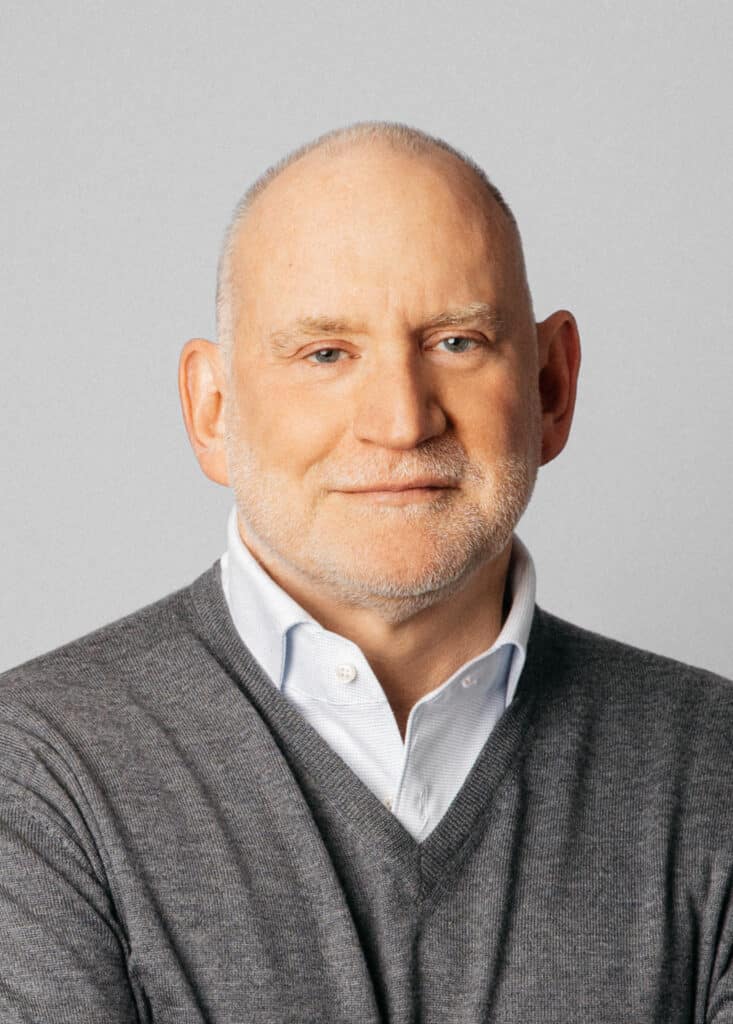Traders speaks with Rob Flatley, Chief Executive Officer at TS Imagine, who won CEO of the Year at the 2023 Markets Choice Awards.

Briefly describe your background and career to date.
I’ve learned everything I know from the bottom-up over 35 years in financial technology. I have held almost every job possible across a technology company, including Service, Support, Data, Product, Sales, Head of Trading, COO, CFO, CEO, Investor and Founder.
What are your strengths and how do you fit those into an irreplaceable role in the company?
I understand what each team is trying to accomplish and what the pitfalls are because of my holistic perspective of the way financial technology companies operate. This allows our company to go faster, we don’t waste time debating unnecessarily “this-or-that” items when we design and plan how to execute. We just execute.
What is most important to your organization—mission, vision or values?
For TS Imagine, it’s all about the mission. We are focused builders of exceptional products. Capital markets software needs a continuous stream of excellent products that work together – that’s our mission.
For you personally, what’s your greatest achievement?
My greatest achievement is reflected the success of my colleagues. I have enjoyed bringing fresh talent into the industry and watching them learn through iterative experience and training. I have always enjoyed guiding young professionals to become leaders and helping them build prosperous careers and personal wealth in the process.
What are the latest fintech trends?
At the enterprise level, there’s a simultaneous de-consolidation of large legacy fintech “roll-up” companies and a consolidation of newer fintech companies into global exchanges. The lesson is that software is not a capital markets vertical industry, it is a capital markets horizontal imperative. All regulated financial companies are now technology companies.
Is there anything out there that market participants are not paying enough attention to? Or that they’re paying too much attention to?
People are prone to the dangers of assuming the present conditions into the future and, as we know from March of ’23, markets can turn in a flash. SVB traded down 70% in one day and the next day it was gone. The next weekend regulators worked out what to do with the second and third largest bank failures in history. Then came the next domino, First Republic. These turbulent episodes are well known events across the trail of risk management. Banks and their regulators need to learn the lesson of “hot money deposits” that evaporate in an instance – you can’t just lock the doors now because bank runs happen on phones. Simply trying to calm everyone down hasn’t worked very well; we will need to stress test scenarios that are presently not in scope to rebuild confidence in core banking enterprises. Investors are prone to recency bias, so it’s likely that the next crisis will resemble something that happened longest ago.




